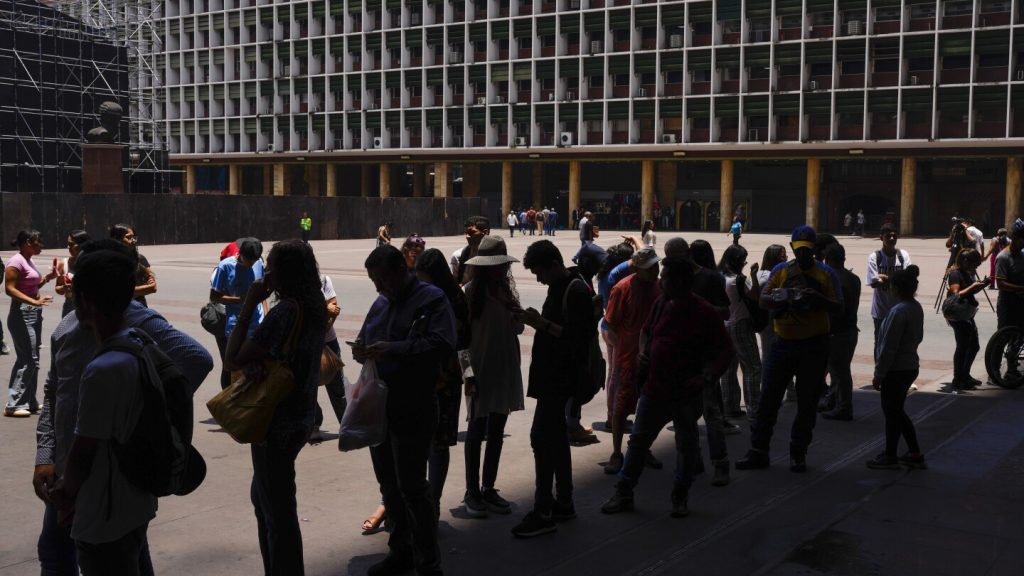The Biden administration has announced the reimposition of oil sanctions on Venezuela, citing President Nicolás Maduro’s efforts to consolidate power. These sanctions come just six months after the US eased restrictions in support of hopes for a democratic opening in the OPEC nation. US companies investing in Venezuela will have 45 days to wind down operations to avoid impacting global energy markets. However, Maduro has been accused of undermining agreements by blocking opposition candidates and imprisoning government critics.
The decision to reimpose sanctions essentially returns US policy to its previous stance, making it illegal for US companies to do business with PDVSA without specific licenses from the US Treasury Department. The State Department has called on Maduro to allow all candidates to participate in the electoral process and release political prisoners. Venezuela has dismissed the US rebuke, claiming it fulfilled its commitments and accusing Washington of reneging on promises made during secret negotiations.
Maduro responded defiantly to the sanctions, stating that Venezuela no longer depends on the world and can build a new economic model through its own efforts. The impact of the sanctions on Venezuela’s oil and gas industry remains uncertain, as the initial relief was limited to six months. While the sanctions relief allowed Venezuela to boost oil revenues, it may not have attracted the necessary capital investments to revive production. The sanctions do not directly affect Chevron, the last major US oil driller in Venezuela, which has been allowed to increase shipments.
Despite the sanctions, Chevron has been allowed to continue operations in Venezuela under a license issued in 2022. This has raised questions about the Biden administration’s commitment to national security interests and freedom in Venezuela. Experts believe that the administration is unlikely to return to the failed “maximum pressure” campaign of the Trump era. Opinion polls indicate that most Venezuelans would support removing Maduro from office, and regional leaders have criticized the Maduro government for failing to uphold commitments to hold a fair election.
Overall, the reimposition of oil sanctions on Venezuela reflects growing frustrations with Maduro’s government and its failure to honor agreements. The Biden administration’s approach aims to hold Maduro accountable while avoiding the pitfalls of previous failed strategies. The impact of the sanctions on Venezuela’s economy and political landscape remains to be seen, but the US remains committed to supporting Venezuelans’ aspirations for democracy and stability.


